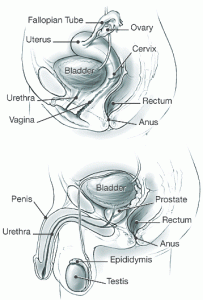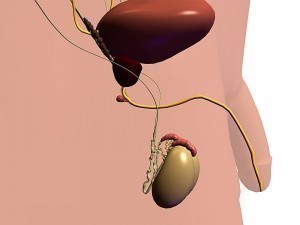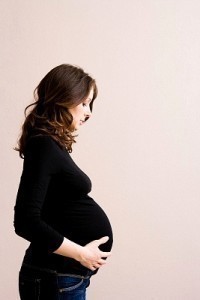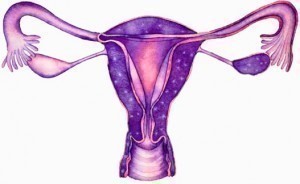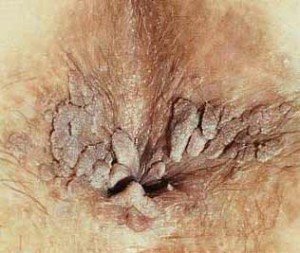Herbal Remedies for Menopause
To explain it in simple terms, menopause signifies the end of a woman’s menstrual cycle. Menopause is a natural part of a woman’s life and is usually confirmed when a woman has missed her periods for 12 consecutive months (in the absence of other obvious causes). Menopause is associated with reduced functioning of the ovaries due to aging, resulting in lower levels of estrogen and other hormones. It marks the permanent end of the fertility cycle. Menopause occurs, on average, between 40-50 years of age. Physical signs of menopause can occur years before menopause takes effect. When this happens, it is known as the perimenopausal phase and officially ends one year after the last period. Menopause can also occur prematurely or be induced due to factors such as the removal of both ovaries, cancer treatments, genetics and other medical interventions.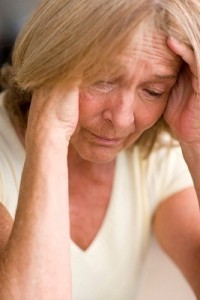
Women experience menopause in different ways. Some may experience severe changes while others experience no symptoms at all. Symptoms may include irregular menstrual periods, hot flashes (sudden, intense, hot feeling in the face and upper body, which may be associated with rapid heartbeat, and sweating, nausea, dizziness, anxiety, headache, weakness or a feeling of suffocation and finally, a cold chill), difficulty in sleeping, and / or vaginal dryness.
Herbal Remedies for Menopause
The following list includes some herbal remedies to combat menopause.
- Effective herbal remedies involve the use of plants that cool the system; plants that nourish or increase oxygen utilization in the liver; and plants rich in phytosterols.
- Chaste berry (Vitex) is known to increase progesterone levels and lower estrogen levels which helps to keep the bones and walls of the vagina strong. Chaste berry can regulate hot flashes and dizziness. Take chaste berry daily to help with menopausal symptoms.
- Black cohosh is used for the relief of menstrual cramps and menopause. Black cohosh has been confirmed as a treatment for dysmenorrhea and menopause, hot flashes, depression and vaginal atrophy. The plant is known to have a significant estrogenic effect. Eighty milligrams per day of black cohosh extract should be taken in divided doses.
- Essential oils such as basil or thyme may ease hot flashes when inhaled or used in a bath or foot rub or mixed with massage oil.
- Licorice has estrogenic effects and is successfully used to treat menopausal symptoms. Alfalfa and red clover also contain phytoestrogens. Hot flashes can be controlled with the regular use of one or more of these herbs.
- Lingams, which are a component of fiber, also act as phytoestrogens. Lingams are found in flax, whole grains, legumes and some vegetables.
- Dong quai is said to improve the use of oxygen in the liver and can help to balance hormones in menopausal women as well as reduce hot flashes. It can be taken as a tea extract or as capsules.
- Vitamins A and E, as well as aloe vera and calendula can help in reducing dryness in the vagina.
- St. John’s Wort is one of the menopause natural remedies that can counter act moodiness and irritability.
It is recommended that you consult your personal doctor before using any herbal remedies for menopause, especially if you are taking prescribed medications.

